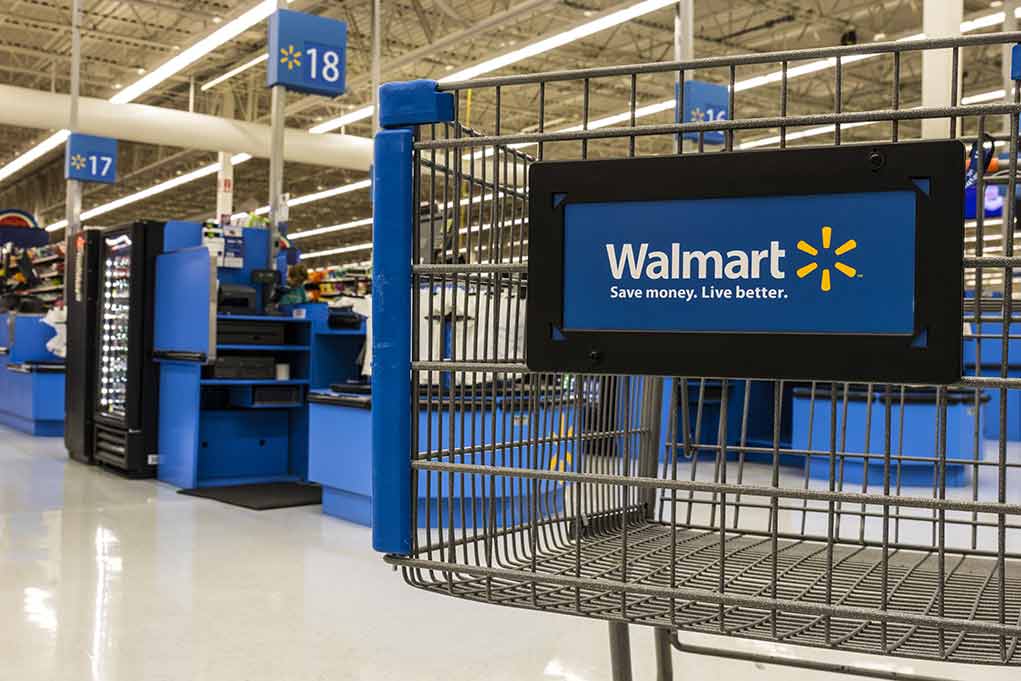
Walmart has been hit with a $16,000 penalty for shipping realistic toy guns to New York, violating state laws designed to prevent the tragic consequences of mistaking toys for real firearms.
Key Takeaways
- Walmart must pay $14,000 in penalties plus $2,000 in fees for shipping at least nine realistic toy guns to New York addresses, violating state regulations that ban imitation firearms resembling real weapons.
- The retail giant allowed third-party sellers on its platform to sell 46 prohibited imitation weapons to New York consumers between March 2020 and November 2023.
- As part of the settlement with Attorney General Letitia James, Walmart must implement policies preventing third parties from selling realistic toy guns to New York and terminate sellers who violate this restriction three times.
- This settlement follows a similar consent order from nearly a decade ago, which was influenced by the fatal shooting of 12-year-old Tamir Rice, who was holding a pellet gun.
- New York law requires toy guns to be brightly colored or transparent to ensure they’re easily distinguishable from actual firearms.
New York’s Crackdown on Realistic Toy Weapons
New York Attorney General Letitia James has taken firm action against Walmart for failing to comply with the state’s strict regulations on imitation firearms. The investigation revealed that Walmart’s online marketplace shipped at least nine realistic toy guns to New York addresses between March 2020 and November 2023, with a total of 46 imitation weapons sold to New York consumers during this period. This direct violation of state law, which requires toy guns to be brightly colored or transparent, prompted the Attorney General’s office to launch a comprehensive investigation resulting in the recent settlement.
“Realistic-looking toy guns can put communities in serious danger and that is why they are banned in New York,” stated Attorney General James. This sentiment underscores the serious safety concerns driving New York’s regulation of toy firearms, particularly in a state with strict gun control laws. The regulations are designed to prevent potentially fatal misidentifications by law enforcement and civilians, a concern that has been tragically validated in past incidents across the country.
Walmart’s Accountability and Response
While Walmart neither admitted nor denied the investigation’s findings, the retail giant has agreed to pay $14,000 in penalties and $2,000 in fees as part of the settlement. More significantly, the company must implement new policies to prevent third-party sellers on its platform from selling prohibited items to New York consumers. The settlement terms require Walmart to terminate business relationships with any third-party sellers who violate this restriction three times, establishing a clear consequence for non-compliance.
“We are committed to complying with all laws, and we have processes in place to ensure products offered for sale by third-party sellers on our marketplace comply with all applicable laws as well,” stated Walmart in response to the settlement.
This case highlights the growing challenges retailers face in monitoring third-party sellers on their platforms. As more commerce moves online, companies like Walmart must implement robust systems to ensure that all products sold through their marketplaces comply with various state regulations, which can differ significantly across jurisdictions. The settlement serves as a warning to other retailers about the importance of vigilant oversight of third-party sellers.
A History of Regulation and Tragedy
This isn’t the first time Walmart has faced scrutiny over toy gun sales in New York. Nearly a decade ago, Walmart and other retailers agreed to a similar consent order to keep realistic toy guns off shelves in New York. That agreement came in the wake of the fatal shooting of Tamir Rice, a 12-year-old boy who was holding a pellet gun when he was shot by police in Cleveland, Ohio. The tragic incident highlighted the potentially deadly consequences of realistic toy firearms and prompted stricter enforcement of existing regulations.
“Walmart failed to prevent its third-party sellers from selling realistic-looking toy guns to New York addresses, violating our laws and putting people at risk. The ban on realistic-looking toy guns is meant to keep New Yorkers safe and my office will not hesitate to hold any business that violates that law accountable,” said Attorney General James.
The Attorney General’s office has urged New York consumers to report sightings of realistic-looking toy guns being sold or shipped to addresses within the state. This call for public vigilance demonstrates that enforcement of these regulations remains a priority for state officials, who view the matter as an important public safety issue rather than a mere regulatory technicality.
















